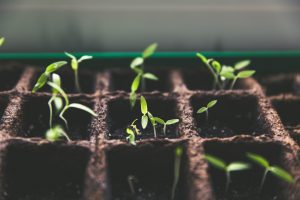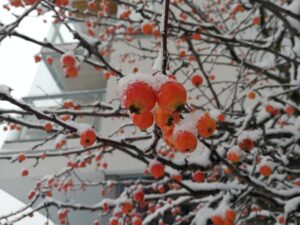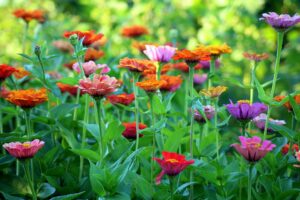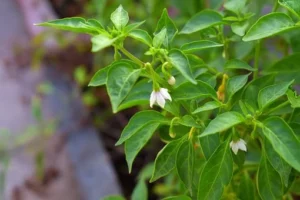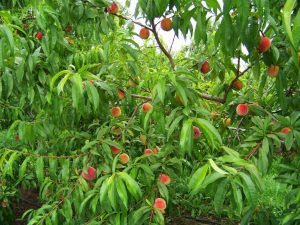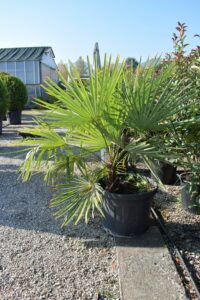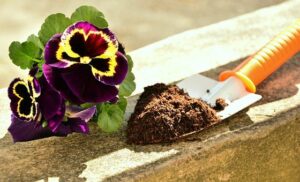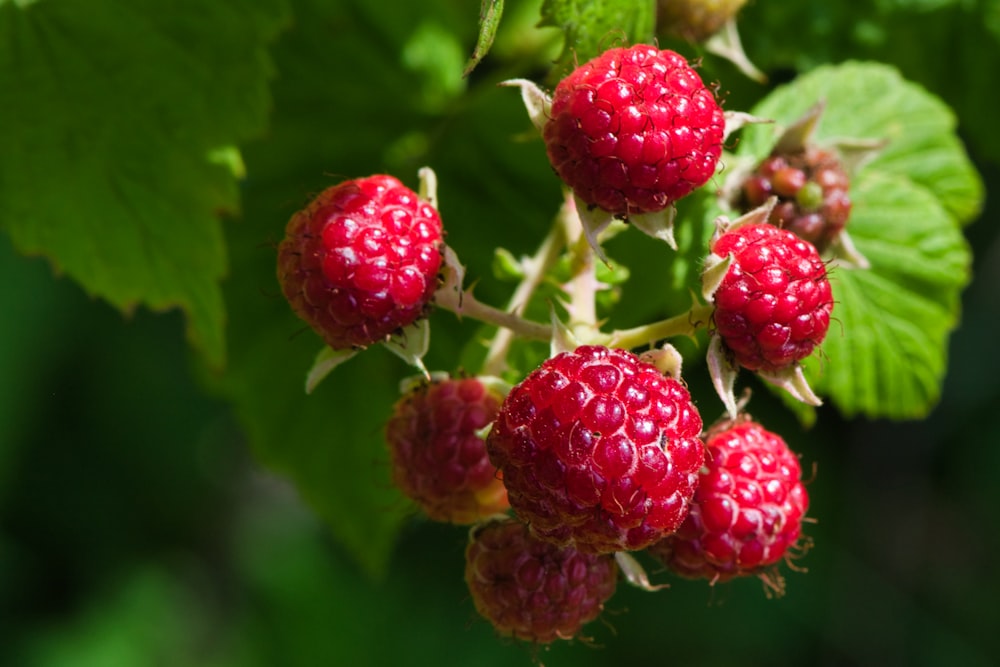
The raspberry (ideal rubus) also known as framboise or red raspberry is a wild, perennial and self-growing shrub, which produces red, small and delicious fruits. Its flowering starts from spring and lasts until the end of summer. Its flowers are white in color and its leaves are compound pinnate and toothed with the lower edge of the leaf being covered with fluff.
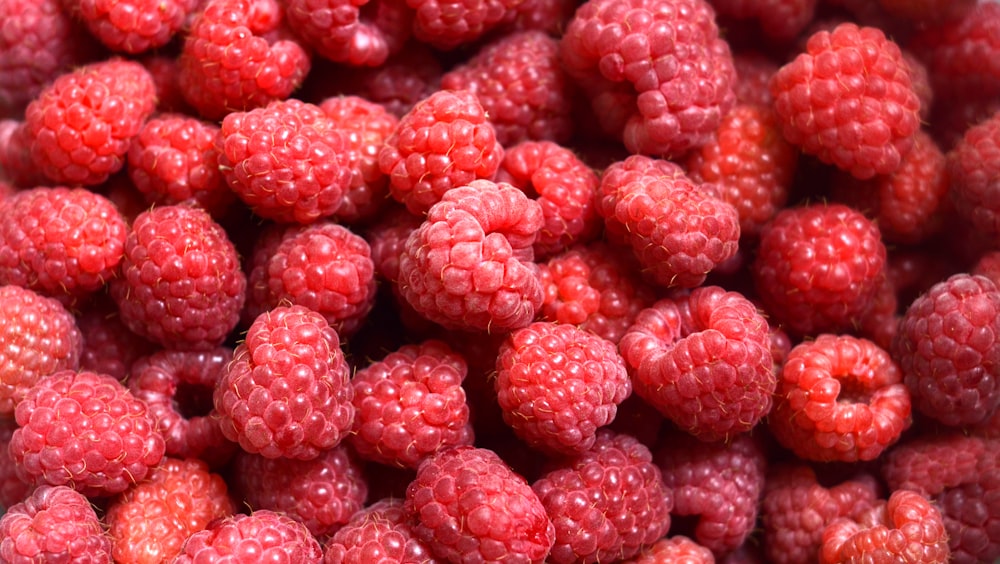
Ingredients of raspberry
Raspberry is an excellent source of fiber. Contains vitamins B1, B3, C, D and E, ellagic acid, potassium, iron, calcium, magnesium, manganese, phosphorus, selenium and flavonoids. Consuming about 100 g, 50% of the daily dose of vitamin C is covered.
The parts of the raspberry that can be eaten are the fruits, but also the leaves, which can be used as a poultice in small wounds and burns and as a decoction, in case of abdominal disorders.

The health benefits of raspberry
Raspberry is a fruit with rich nutritional value for our health.
- The potassium it contains helps maintain blood pressure at normal levels, as well as controlling heart rate.
- It is rich in vitamin C, which is essential for the synthesis of skin collagen. So it contributes to skin reconstruction.
- It also contains manganese, which is essential for bone and skin health and helps regulate blood glucose.
- The ellagic acid contained in raspberries is said to inhibit the production of enzymes that cause inflammation and also has a beneficial effect in combating digestive disorders, such as peptic ulcer.

Diseases and enemies
Raspberries are infested with a lepidopteran insect called a raspberry sprout or root canal (Bembecia hylaeiformis). Its presence is noticeable since it has already caused great damage to the shoots. The main symptom is the barrenness of the plant. Another insect that infects raspberries is the raspberry bark fly (Thomasiniana theobaldi). This insect causes cracks in the bark, which turn into ulcers. Finally, there is the raspberry beetle that infects leaves, flowers and fruits and significantly reduces the fruiting of the plant.
Raspberry diseases vary as it is affected by a large number of fungi (mildew, rust, phytophthora), bacteria and viruses. The supply of healthy plants, the good treatment of the foliage, the thinning of the shoots, the avoidance of wounds on the plant and the avoidance of excessive nitrogen fertilization are recommended.

